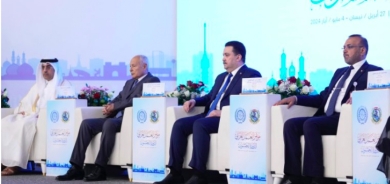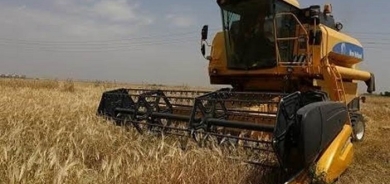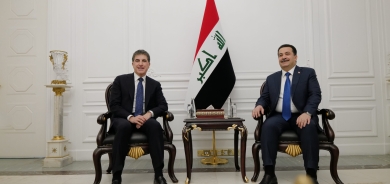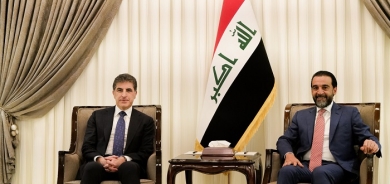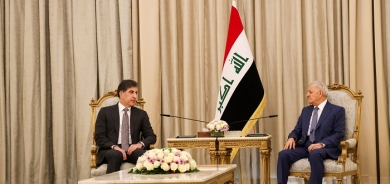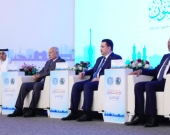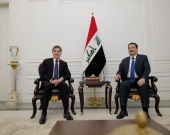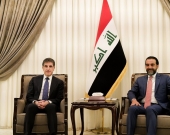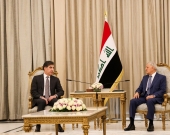Iraqi Ministry of Migration and Displaced Announces Plans to Repatriate 600 Individuals from Al-Hol Camp
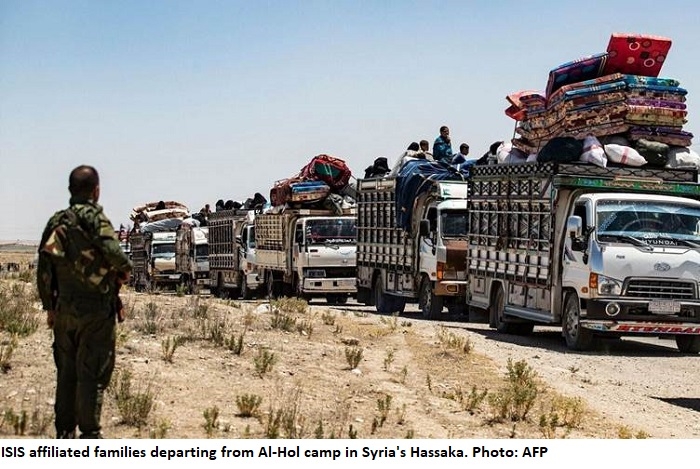
In a significant development, Iraq's Ministry of Migration and Displaced Affairs has disclosed plans to repatriate approximately 600 individuals from the notorious Al-Hol camp in northeast Syria, which currently harbors tens of thousands of affiliates of the Islamic State (ISIS). According to Ali Abbas, a spokesperson for the ministry, this repatriation effort is slated to commence next week, encompassing around 150 families.
The Al-Hol camp, situated in Syria's Hasaka province, has gained notoriety as a breeding ground for extremism, housing over 50,000 individuals linked to ISIS. The Kurdish-led Syrian Democratic Forces (SDF) detained numerous ISIS fighters, along with their families, upon seizing control of the group's final stronghold in Syria in March 2019, subsequently transferring them to Al-Hol and Roj camps.
While Iraq has already repatriated 1,924 families totaling 7,556 individuals from Al-Hol camp, the prospect of bringing back more individuals has sparked opposition within Iraq itself. Many Iraqi tribes are vehemently opposed to accepting and integrating individuals associated with ISIS, given the group's history of heinous human rights violations and war crimes during its control of vast territories in Iraq from 2014 to 2017.
National Security Advisor Qasim al-Araji, speaking at the Antalya Diplomacy Forum, disclosed that of the repatriated families, 1,230 individuals have successfully returned to their hometowns in Iraq. However, concerns persist regarding the societal reception and reintegration of returning ISIS-linked citizens, underscoring the complex challenges facing Iraq in its efforts to address the aftermath of the ISIS insurgency.
The impending repatriation of individuals from Al-Hol camp underscores the ongoing struggle to navigate the complex humanitarian, security, and socio-political dynamics engendered by the ISIS conflict, both within Iraq and across the broader region.

